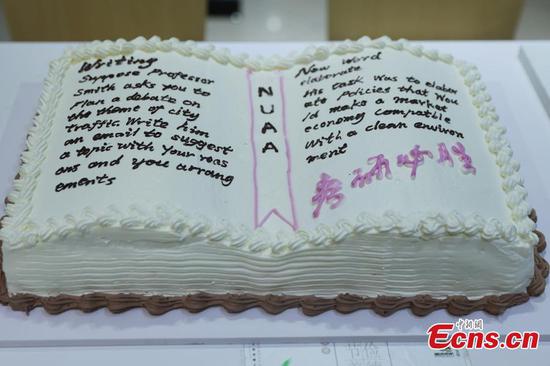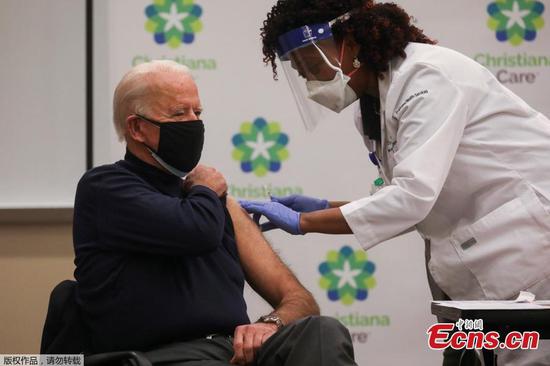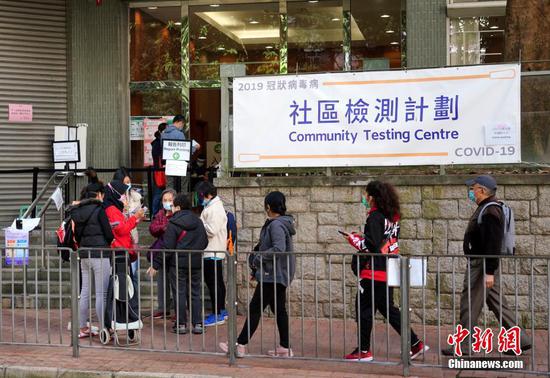DUTIES OF VARIOUS SECTORS
The draft law also requires government agencies, state-owned enterprises, and public institutions to toughen the management of banquets using public funds.
Catering service providers should adopt measures to minimize food waste, such as improving the management systems for food purchasing, storage, and processing. They should put up posters to remind consumers to refrain from ordering excessive food, says the draft, adding that they can charge consumers for obviously wasting food.
It calls on catering service providers to use technologies. Big data, for instance, would analyze the needs of consumers. It would lead to improved management of food purchases, transportation, and storage.
Online food delivery platforms should also display noticeable reminders on their food-ordering pages, and travel agencies are responsible for guiding travelers in saving food.
Individuals should serve or eat an appropriate amount of food at weddings, funerals, parties, and other events, as well as in daily life, according to the draft.
Food and catering industry associations should formulate anti-waste standards and rules for their members, the draft reads.
Schools should educate their students on practicing thrift and opposing waste, it says.
News media outlets are required to promote public awareness of preventing food waste, the draft says, banning them from producing, broadcasting, or spreading programs or audio-video clips on binge eating.


















































